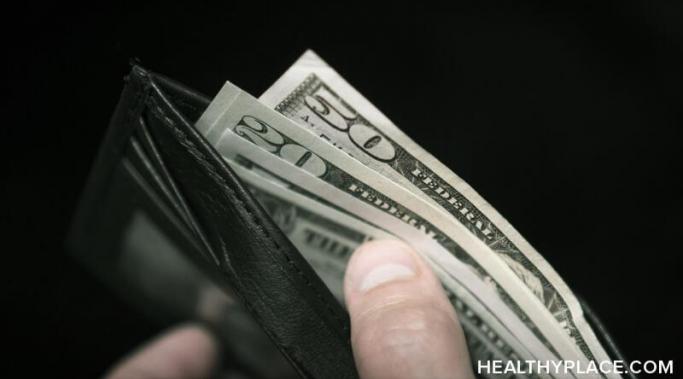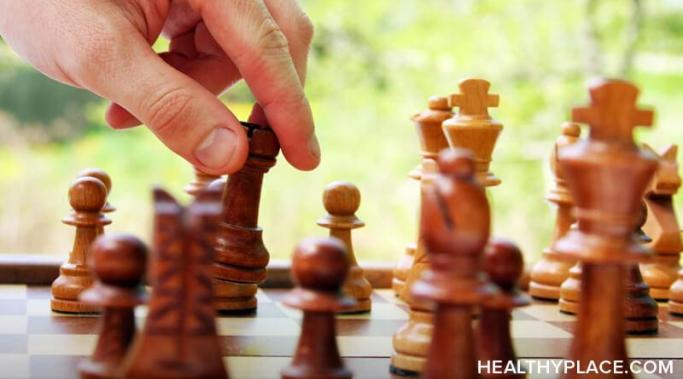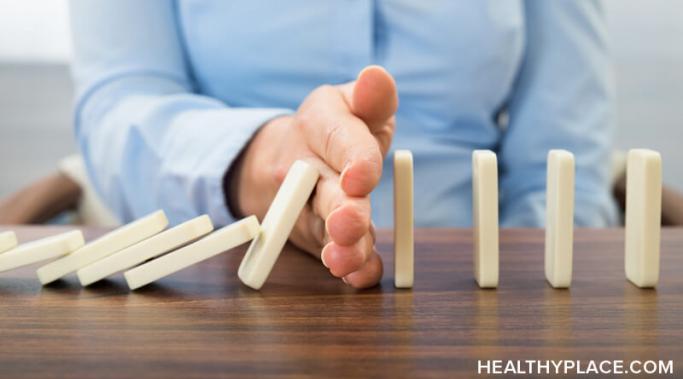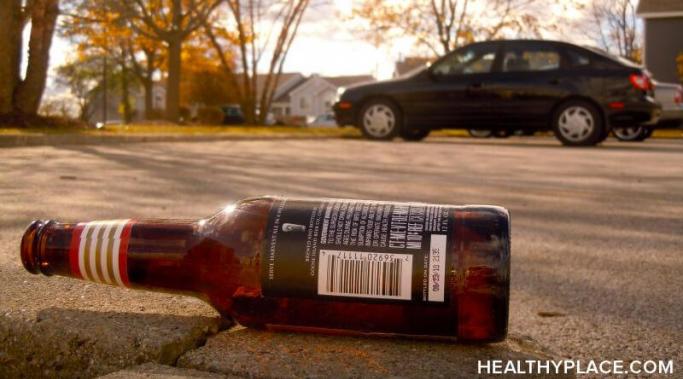Recovering from gambling addiction throws a lot your way, including coping with triggers. You're constantly dodging old habits and navigating a world that sometimes seems designed to trigger cravings. From the countless betting advertisements on your screen to casinos on almost every block, there are so many triggers, and it is so easy to feel overwhelmed. For a long time, these triggers proved too strong for me to overcome. I found myself repeatedly drawn back to gambling, each time promising myself that it was the last. In this article, I'll be sharing some of the strategies that have helped me manage my triggers in gambling addiction recovery.
Addiction – Recovering from Mental Illness
Early this week at my meeting, we shared some of the toughest hurdles we've faced on our journey to gambling addiction recovery, and I couldn't help but notice that budgeting and debt managing emerged as a key theme. It's difficult to dig yourself out of debt and regain financial stability, especially if you don't know much about finance management. There are also limited resources on the topic aimed at recovering gamblers. This inspired me to delve deeper into the topic, as rebuilding finances was also one of my biggest challenges on my journey to recovery.
One of the toughest battles I have faced in my journey is the shame and stigma in recovery. For years, I carried the burden of shame, believing that my gambling addiction was a reflection of my moral failure. Society's misconceptions about gambling addiction only fueled these feelings, leaving me trapped in a cycle of self-blame and isolation. Society views gambling addiction as a matter of poor self-control. Most people still believe it is a choice and people can stop whenever they want, which is not the case. What shame and stigma in recovery do is disempower people and even hinder their ability to recognize addiction as a complex issue that requires support and treatment.
As someone who has struggled with gambling addiction for a long time, I understand firsthand the challenges of preventing the relapse of gambling addiction. One moment, you feel like you are finally gaining back control, and the next, there is this overwhelming urge to gamble. In this article, I'll be sharing my experience with preventing a gambling addiction relapse, as well as proactive strategies to sustain long-term recovery.
Knowing how to initiate recovery from gambling addiction is hard. The internal struggle of wanting to break free from the grasp of compulsive gambling while feeling unsure about where to start can be overwhelming. I have been there, struggling with the yearning for change but feeling paralyzed by the enormity of the task of initiating my recovery from gambling addiction.
I am a recovered compulsive gambler. Overcoming gambling dependency was a long road of self-discovery and transformation. Going through the process of breaking free from the shackles of compulsive gambling left me vulnerable and a lot like someone who’s on the outside looking in. As a recovered compulsive gambler, I continue to identify as a gambling addict despite my recovery milestones because owning this identity gives me power over the compulsion that held me hostage for so long.
Gambling fixation doesn't look the same for everyone. Very quickly into my gambling escapades, I realized that each person’s journey is unique, and this is determined by their motivations, vulnerabilities, and circumstances. Looking back at my own experience, I see that I became an interplay of personality traits. Through the winning, losing, and desperation phases of my journey, my emotional struggles, personality, and attraction to the allure of gambling unlocked in me the chaser, escape artist, risk taker, denier, and isolationist. These are types of gambling fixation.
Sharing gambling addiction recovery stories really matters. As much as we discuss gambling and addiction, the picture that’s painted is that of hopelessness. Granted, the thrill and hope of a big win have a dangerous grip that leads people down the path of compulsive gambling, but it is the stories of hope and triumph that give people with addiction the hope they need to overcome the struggle.
Recognizing powerlessness over addiction is the first step to freedom--both literally and in literature. It's recognizing your powerlessness that is the tricky part. So here are some ways to know if you are powerless over your addiction.
While not an official mental health diagnosis, video game addiction is very real (Addicted to Video Games). This is embarrassing to admit, but I did nothing yesterday but play a Facebook game. I began to question whether I had a video game addiction and how to recover from it. Here are some signs that help to recognize a video game addiction and tips on how to recover from it.









